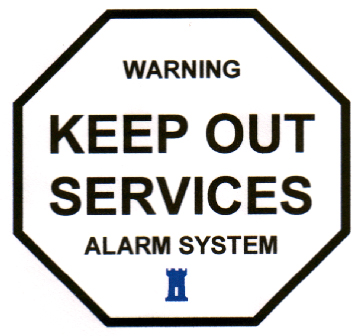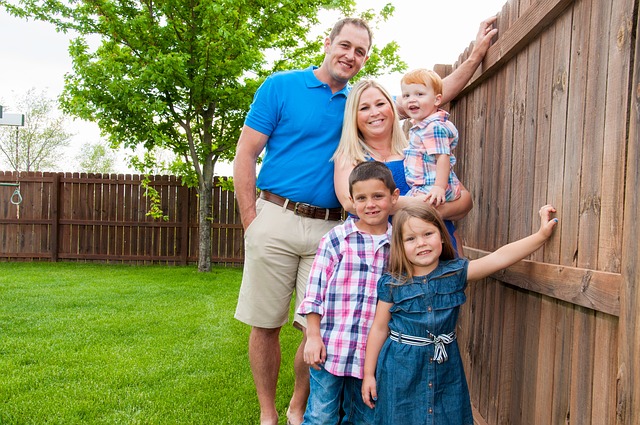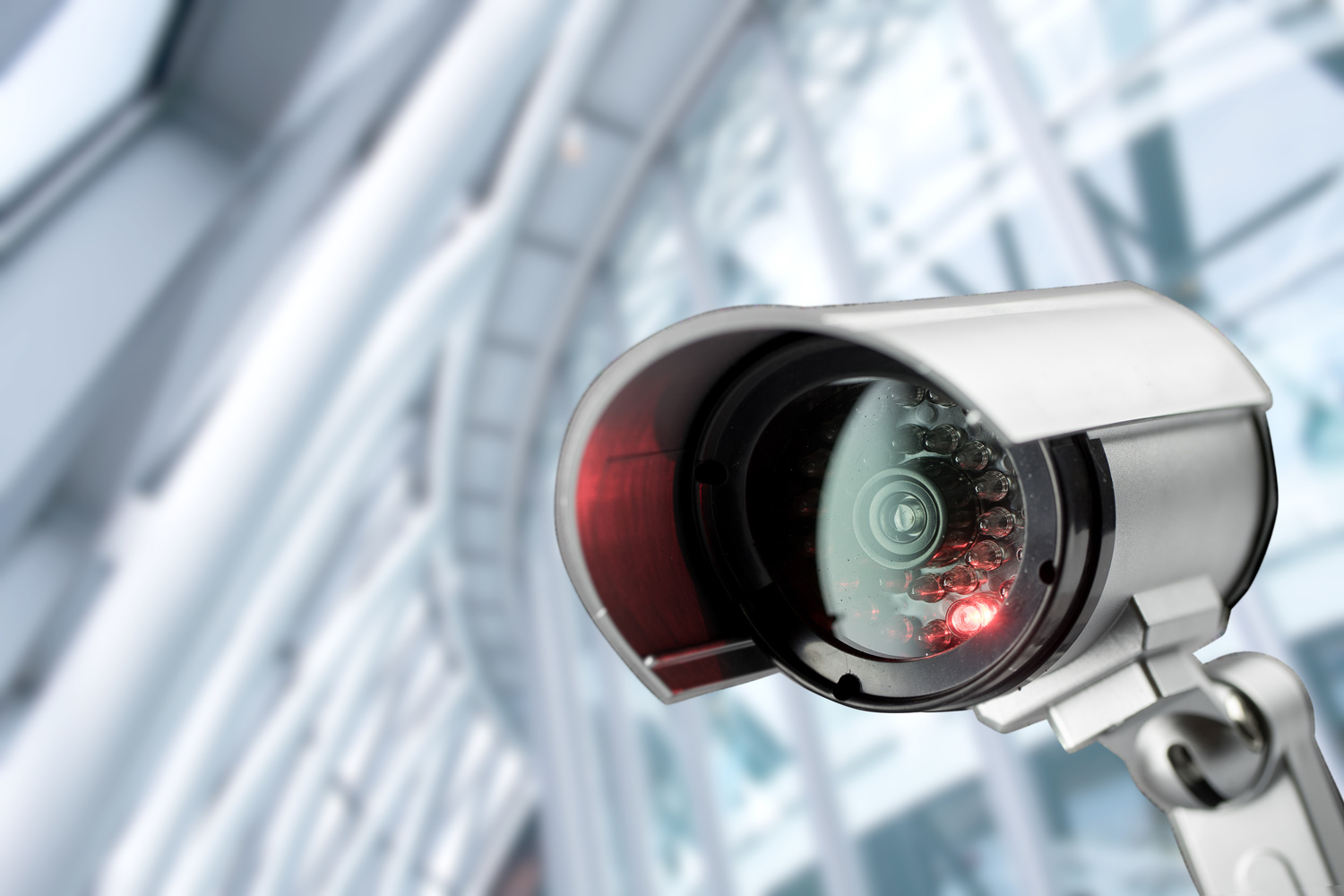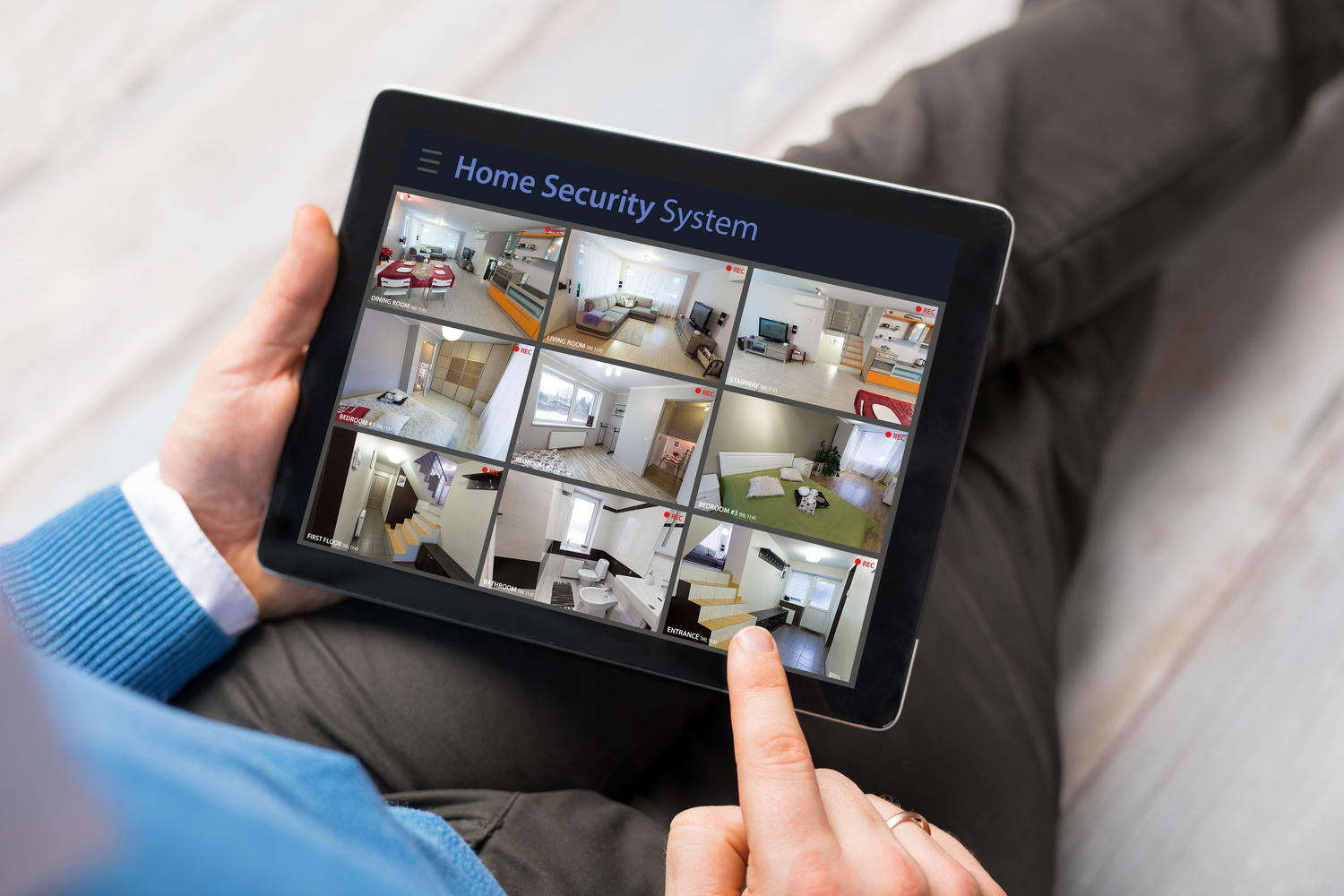Keep Out Services is proud to have the training support of the largest security manufacturers in the world. All of our security consultants have completed a “Basic Security” course before transferring to the “Skills Allocations” course.
Each security consultant is trained to recognize potential security problems to ensure your safety and peace of mind. Keep Out Services offers several different types of security systems, and our consultant is specially trained to choose one that will fit your needs.
Services We Provide!
- Residential Security
- Commercial Security
- Custom Phone Systems
- Intercom Systems
- Access Systems
- Closed Circuit Television
- Outdoor Security Systems
- Certified Structured Wiring
- Communications Systems
- Computer Networking Systems Security Products for home and business.




